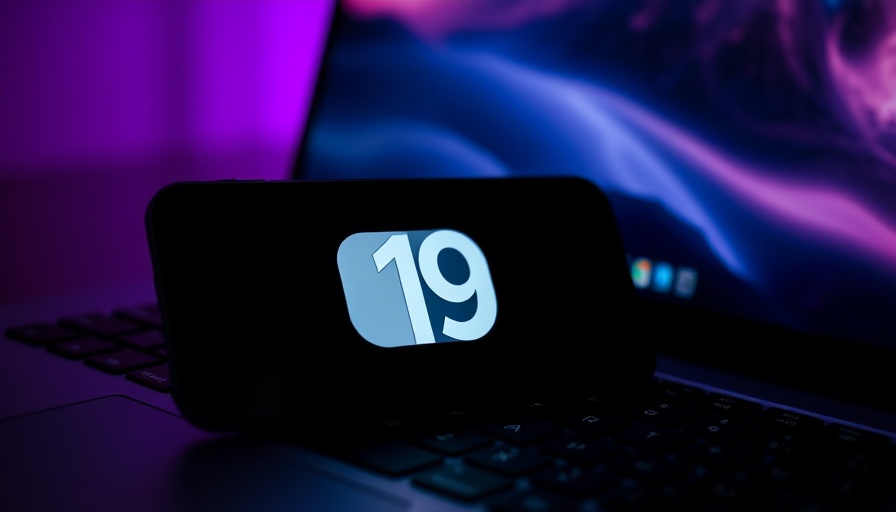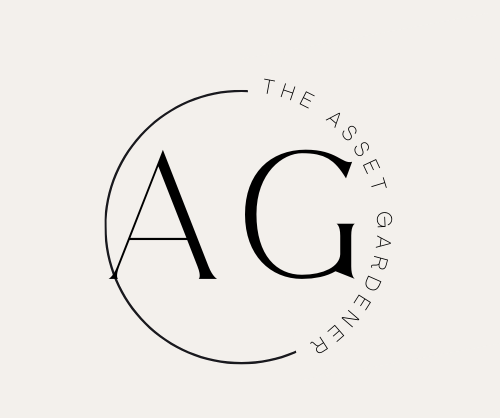
The Paradox of AI: Trust and Skepticism
As advancements in artificial intelligence (AI) have come to the forefront of our daily lives, a curious paradox emerges. On one hand, innovators claim that AI can achieve remarkable feats, yet doubts persist about its reliability. AI hallucinations—a term describing the instances when these systems produce incorrect or nonsensical results—bring into question their ability to truly 'know' or 'understand' information. While these hallucinations can sometimes yield innovative insights, they can also lead to confusion and misinformation. This raises the larger issue of what it means for AI to be 'smart.'
The Diminishing Role of Human Work?
Employees and business owners alike are feeling the impact of AI's evolution. With AI systems becoming increasingly efficient at tasks involving repetition and linear processes—like coding and writing—there is concern among workers about job security. Yet, an alternative view suggests this shift is not a retreat for humanity but rather an opportunity for progress. As AI takes over simple tasks, humans can focus on the more strategic and creative aspects of work where AI still struggles, such as complex problem-solving and system architecture. This could lead to a renaissance of human skills in areas that demand unique insight and emotional intelligence.
Shifting Perspectives on Work
AI's arrival is akin to the industrial revolution where machinery replaced manual labor, allowing workers to transition into roles involving planning and creativity. The steam shovel, for example, didn’t eliminate the need for architects but instead changed the nature of construction work. In the same way, AI positions workers to harness their unique human capacities better, focusing on work only humans can do. In fact, the future of work may involve a symbiotic relationship between humans and AI, where each complements the other’s strengths.
What Should Entrepreneurs Do?
As entrepreneurs and small business owners navigate this evolving landscape, it’s essential to embrace AI's capabilities while also recognizing its limitations. As AI tools become available, entrepreneurs should consider how best to integrate these technologies into their business strategies. The key is not to view AI as a threat but as a tool to augment human abilities, enabling small businesses to become more agile.
The real question becomes: What does it mean to be human in a world where AI is increasingly present? By rethinking our roles and responsibilities, we could rediscover the value of creativity, collaboration, and connection—traits that AI, for all its prowess, cannot replicate.
 Add Row
Add Row  Add
Add 




 Add Row
Add Row  Add
Add 
Write A Comment